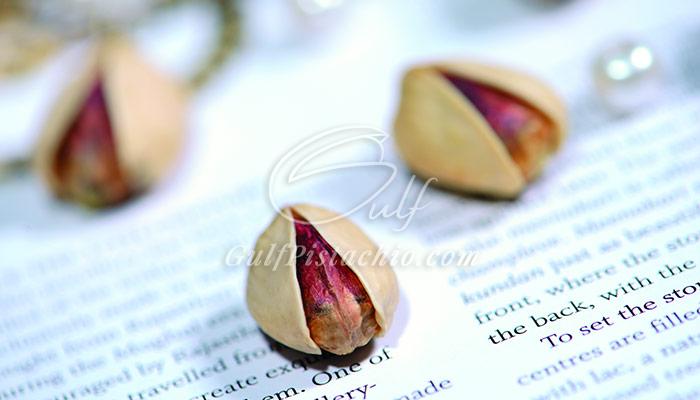Pistachio Benefits
Pistachios are one of the oldest nuts that were commonly used in the world. They are native to Asia, particularly in Iran and Iraq. Archaeological evidence dates the association of pistachios and man as early as 6,000 BC. Pistachios were cultivated in Iran, Iraq, and Syria and were introduced to the Romans only in 100 AD. Today, apart from Iran, Iraq, and Syria, pistachios are being produced in many countries such as the United States, Australia, Turkey, and China, among others.
Pistachio nuts belong to the anacardaceae family from the genus: Pistacia. A pistachio tree takes about 10 to 12 years to produce the first crop. Pistachios are a drupe, where the fruit has a large seed in the center. This seed is edible. The nuts of pistachio are not seasonal and are available all year long. They can be bought from almost any grocery store.
Pistachios are available today in various forms such as shelled, unshelled, sweetened or salted. The shell on the nut protects it from physical damage and various infections. On the other hand, salted and sweetened pistachios may not be a good choice because of their high sodium and sugar content. The ideal way is to buy unshelled nuts, as they are in their natural form and are the least processed. Pistachios must be stored in airtight containers in cool and dry places so that they can last f or many months without going bad.


About Pistachios
Pistachios contain fewer calories and more potassium and vitamin K per serving than other nuts. A 1-ounce serving of dry-roasted pistachios contains 160 calories, 6 grams of protein, 3 grams of fiber and 15 grams of fat, including only 2 grams of saturated fat. It also provides you with 25 percent of the daily value for vitamin B-6, 15 percent of the daily value for thiamine and phosphorus and 10 percent of the daily value for magnesium.
Snacking on pistachios may help lower your cholesterol. Study participants who consumed a low-calorie diet with either 10 percent of their total calories or 20 percent of their total calories in the form of pistachios for four weeks lowered their cholesterol more than participants who followed the Step 1 diet for lowering cholesterol, according to a study published in the "American Journal of Clinical Nutrition" in September 2008. Pistachios also contain l-arginine, which can make the lining of your arteries more flexible and make it less likely you will develop blood clots that could cause a heart attack, and vitamin E, which makes it less likely your arteries will become clogged with plaque, notes MayoClinic.com.
If you like snacking on nuts, you can control your weight by limiting your portions. The fiber content of the nuts may make them more filling, helping you to eat fewer calories later on in the day. A study published in the "Journal of the American College of Nutrition" in June 2010 found that participants who consumed 240 calories worth of pistachios for 12 weeks lowered their body mass indexes and triglyceride levels more than those who consumed 220 calories worth of pretzels.
Although most of the fat in pistachios is the healthy unsaturated type, they still contain a lot of calories so you should only eat them in moderation. A study published in 2011 in "Appetite" found that participants ate fewer pistachios if they ate those that were still in the shells instead of shelled pistachios. If you like to snack on pistachios, this can prevent you from eating too many. Choose pistachios that are unsalted to help minimize your salt intake.


